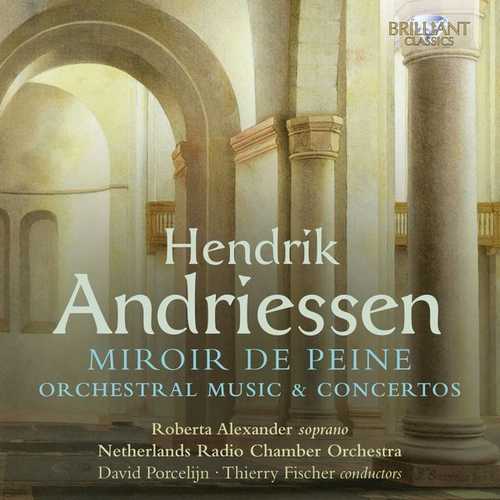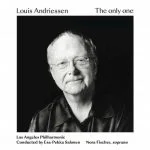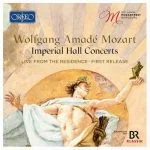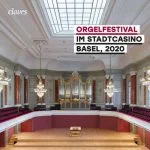
Composer: Hendrik Andriessen
Performer: Roberta Alexander
Orchestra: Netherlands Radio Chamber Orchestra
Conductor: David Porcelijn, Thierry Fischer
Format: FLAC (tracks)
Label: Brilliant
Release: 2021
Size: 522 MB
Recovery: +3%
Scan: yes
Miroir de peine
01. I. Agonie au jardin
02. II. Flagellation
03. III. Couronnement d’épines
04. IV. Portement de croix
05. V. Crusifixion
06. Magna res est amor
07. Fiat domine
08. Variations and Fugue on a Theme by Kuhnau
09. Variations on a Theme by Couperin
10. Chromatic Variations
Concertino for Cello and Orchestra
11. I. Largo – Allegro Ma Non Troppo
12. II. Allegro Con Spirito
Concertino for Oboe with String Orchestra
13. I. Sonata, Allegro
14. II. Aria. Andante
15. III. Fugato a Capriccio. Allegro Ma Non Troppo
Canzona for Cello Solo and Orchestra
16. Canzona for Cello Solo and Orchestra
Concerto for Violin and Orchestra
17. I. Allegro Moderato
18. II. Grave E Lento
19. III. Allegro Vivace
The opulent soundworld of a Dutch late-Romantic master, still too little known outside his native country.
Rarefied spirituality and refined sensuousness are the hallmarks of Hendrik Andriessen’s (1892-1981) idiom, which offers an ethereal synthesis of Franckian chromaticism with an individual interpretation of classical forms and church modes. Though he trained as an organist, his writing for other solo instruments is fluent and idiomatic. The concertos for violin, cello and oboe share the silken textures of his better-known orchestral music, and this album won glowing reviews when first released in 2000.
The album’s headline work is Miroir de peine, a languorous song-cycle to Henri Vangeon’s poems of religious ecstasy describing the suffering of Christ from the perspective of the Virgin Mary. It has attracted the advocacy of great sopranos from Elly Ameling to Christiane Stotijn. This 1991 recording by Roberta Alexander won an enthusiastic welcome from the critics for the poise and beauty of her performance and the richness of the engineering.
Andriessen esteemed Franck as ‘a musical philosopher in the truest sense of the word,’ who drew ‘intense sentiments from the intuitive side of his genius into an orderly gestalt.’ Much the same could be said of Andriessen’s own idiom throughout his career, as this half-century retrospective over his career confirms, from the solemn lushness of Magna res est amor of 1919 to the Chromatic Variations and Cello Concertino of 1970. The Violin Concerto (1968-9) is still essentially couched in a Romantic vein, but shaded with more 20th-century accents of tonal anxiety, akin to Vaughan Williams and Casella in the 1930s. Any listener for whom conservatism is not a dirty word will relish becoming acquainted with Andriessen’s powerful expressive voice in these beautifully prepared and engineered performances.



